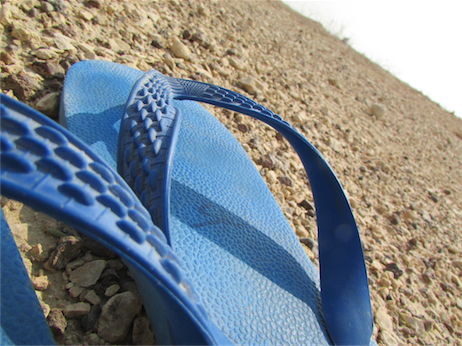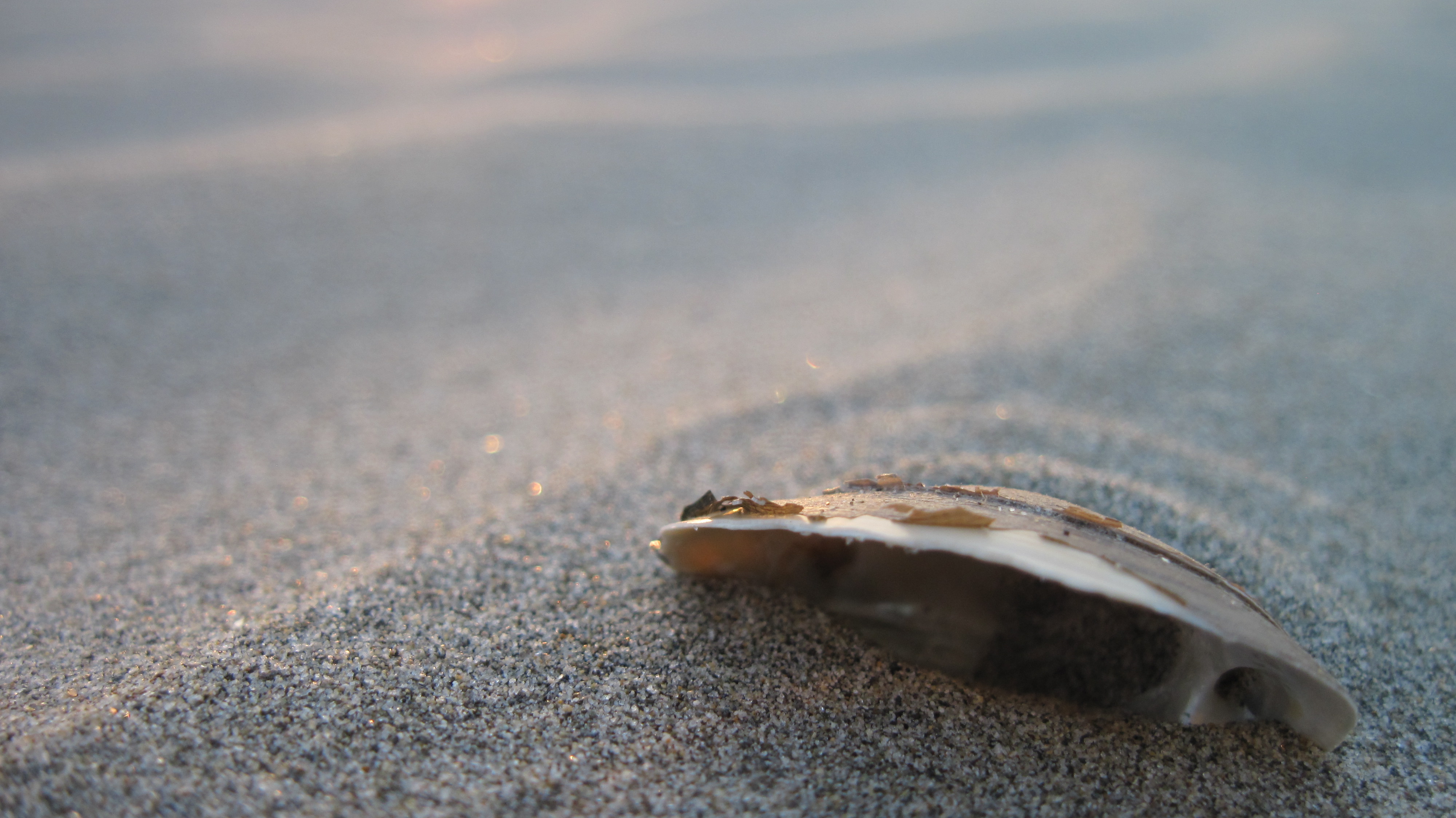My sister is finally in the same country as me again. Being with family always seems to be so normal and yet, at the same time, so strange. Though I spend months missing my family and wanting to be able to spend time with them, it routinely happens that as soon as I am together with them again, everything feels so normal that I hardly realise we were ever apart. With my sister, Liz, it’s certainly no different.
However, at the same time, I do find myself suddenly reminded of just how much we have grown and changed, and how long I’ve been in Canada. It’s been three years now since I came. It feels too long. It’s not that I don’t like Canada, it’s just that having so many years in a place other than Pakistan seems wrong somehow, for me. Seeing Liz again, I’m reminded of the time that I was in her place — new into the country, facing all these strange things that are so normal for people here. I can remember bumbling my way though “failed transactions” just trying to figure out how in the world I am supposed to pay for things with a debit card. Gas stations were strange and I had no idea what to do. I would get lost in Walmart and try to finding my way back to my parents, somehow always accidentally find myself amongst aisles of ladies underwear to my huge embarrassment. Subways were another mess of confusion. I have to choose which kind of cheese I put on these things? What kind of cheese is there? It’s written there on the glass. Everything is written on the glass. Why are there so many choices? I don’t know if everyone else in line appreciated my indecisive and uneducated sandwich confusion, which probably made my order take three times as long as everyone else’s. Oh well. I have since learned.
I’m amazed sometimes at the amount that has become normal now. I don’t realise it all the time, but there are so many aspects of living in Canada that have just become routine. I remember reflecting while driving into Edmonton a couple weeks ago, realising that here I was, on my way to a city I had almost never been to, to meet with my sister and see an apartment we were considering renting for the coming year. Wasn’t it just a few years ago that we were both in high school with homework and allowance money? Somewhere along the line, I guess we both did a little growing up. Not only that, but I realise how much I have adjusted to life here in Canada.
Almost a month ago I flew down to Colorado and, while I was there, made the mistake of saying “house”, not realising that Canadian’s have a fairly distinct way of pronouncing the “ou” sound. And, for one of the first times in my life, I found myself on the opposite end of accent teasing — the dreaded accent teasing. How did I get to the point where I’ve spent enough time in Canada for my accent to be so Canadian? A part of me hates it. I don’t want to be Canadian. I preferred the days when my accent was a mangled mix of British, American, German, Australian and New Zealand influences. I liked it when I said “football” for the game you play with your foot and “rubbish” for the thing you throw your garbage into. But, I guess adjusting is a part of life. Accents begin to sink in. Actually, I’m amazed sometimes how little it takes for my accent to start shifting and changing again. I can hear it, mid phone call with friends from the UK, slowly beginning to drop off it’s small Canadian nuances and settling into a slightly more English way of talking. Even during my short trip to the States, I found my accent becoming just that little bit more American. I guess I’m kind of like a sponge when it comes to accents. I’m just afraid that, as I get older, these shifts and changes will start to get slower and less common, and I’ll be stuck — stuck with whatever I happened to be last.
I’m so glad for times like this — to have Liz here and to be reminded of the amount of life that has happened since the last time we were together properly. It’s sad at times. Change always comes hand in hand with a feeling of loss. but I’m learning to appreciate the blessings of change as well. I don’t get lost in Walmart anymore, and I can order a sandwich at Subway without freezing up. Things have gotten easier. As Liz and I drove back from signing a lease on our apartment for the coming school year, I couldn’t help but be amazed at how far God has brought us along. So much growing already, and so much still to go.


